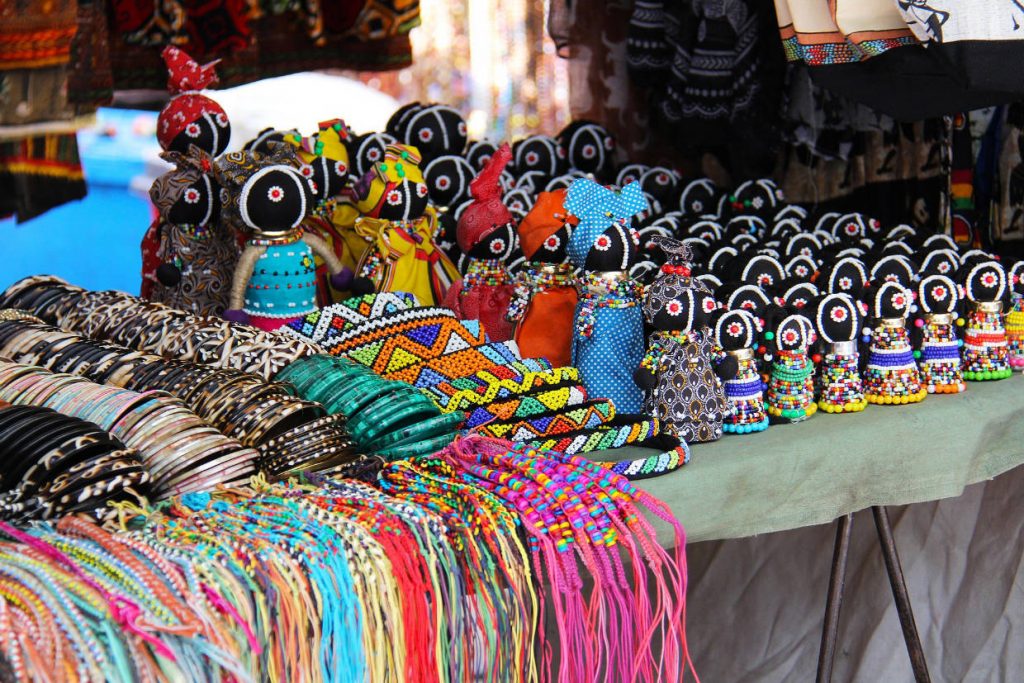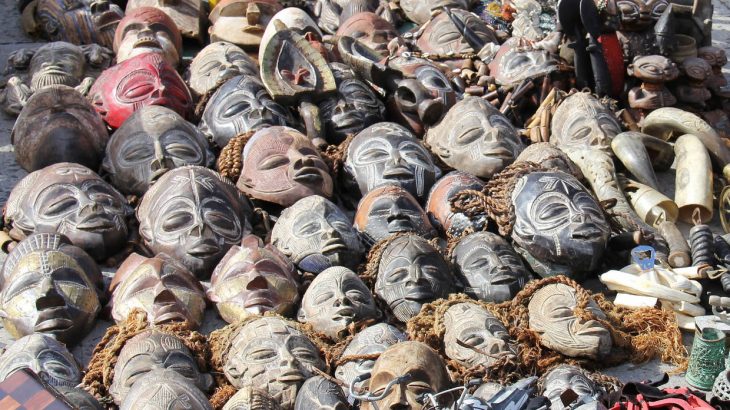When I travel, I like to bring back souvenirs to remind me of my time away, and to contribute to the local economy. Over the last few years, I started to become more and more selective of the items that I buy and the questions that I ask. Here’s what I look for:
Locally produced
Choose items that have been made locally in the area in which you buy them. Not only will this mean that they are more ‘authentic’ but this is more likely to better contribute to the local economy. If the item is not made locally, at the very least try and buy from a locally owned shop or market stall.
Look out for local community groups or co-ops and organizations that support women and youth. I picked up a beautiful skirt in Livingstone, Zambia, which was made by the local Youth Community Training Centre. The particular centre provides professional training for vulnerable teenagers, in essential skills such as tailoring, catering and plumbing.
Sustainable materials
Before you purchase an item, check whether it is produced from sustainable and legal materials. For example I really like carved masks, which can be found widely across Southern Africa. I always try and establish what wood they are made from.
Do not buy items made from animal material, such as turtle shells, ivory, skin, fur, sea shells and coral. Purchasing these items sends the wrong message, and in turn brings demand unsustainable and/or illegal harvesting and poaching. There may also be customs issues when you head back home.
The WWF provides a more general list for holiday shopping with the environment in mind.
Something the region is known for
Choose a souvenir that represents the area and is something that the region is known for. It will mean more when you look back in a few years. You are also more likely to positively contribute to the local economy. If buying from a market, I sometimes like to ask if the seller made the handicrafts, or if they know who did.

Things to avoid:
- Souvenir photos which exploit wildlife. While it is starting to become less common, in high tourist areas, you’ll sometimes see people with birds of prey, snakes or monkeys, who charge you for a pose. Don’t encourage this by partaking.
- Animal and marine products (eg. tusk, fur, shell or coral).
- Unsustainable or illegally harvested wood (e.g. ebony is in severe decline)
- Imported, mass-produced items.
Things to check:
Check import and custom laws in your home country. Australasia for example has strict rules about importing plant and animal materials. Read up on first to avoid quarantine or confiscation at the border.
Check that a product is safe. A while ago my boyfriend bought me back some jewellery made from jequirity seeds, from his time in the Amazon. They look super pretty, but we later found out that they are a controlled substance and highly toxic!







 Jessica has an interest for sustainable tourism, and is particularly passionate about Southern Africa and all it has to offer. She is currently overlanding across 10 countries in the bottom half of the continent, and creating these resources en-route, to help others plan their own African adventures.
Jessica has an interest for sustainable tourism, and is particularly passionate about Southern Africa and all it has to offer. She is currently overlanding across 10 countries in the bottom half of the continent, and creating these resources en-route, to help others plan their own African adventures.